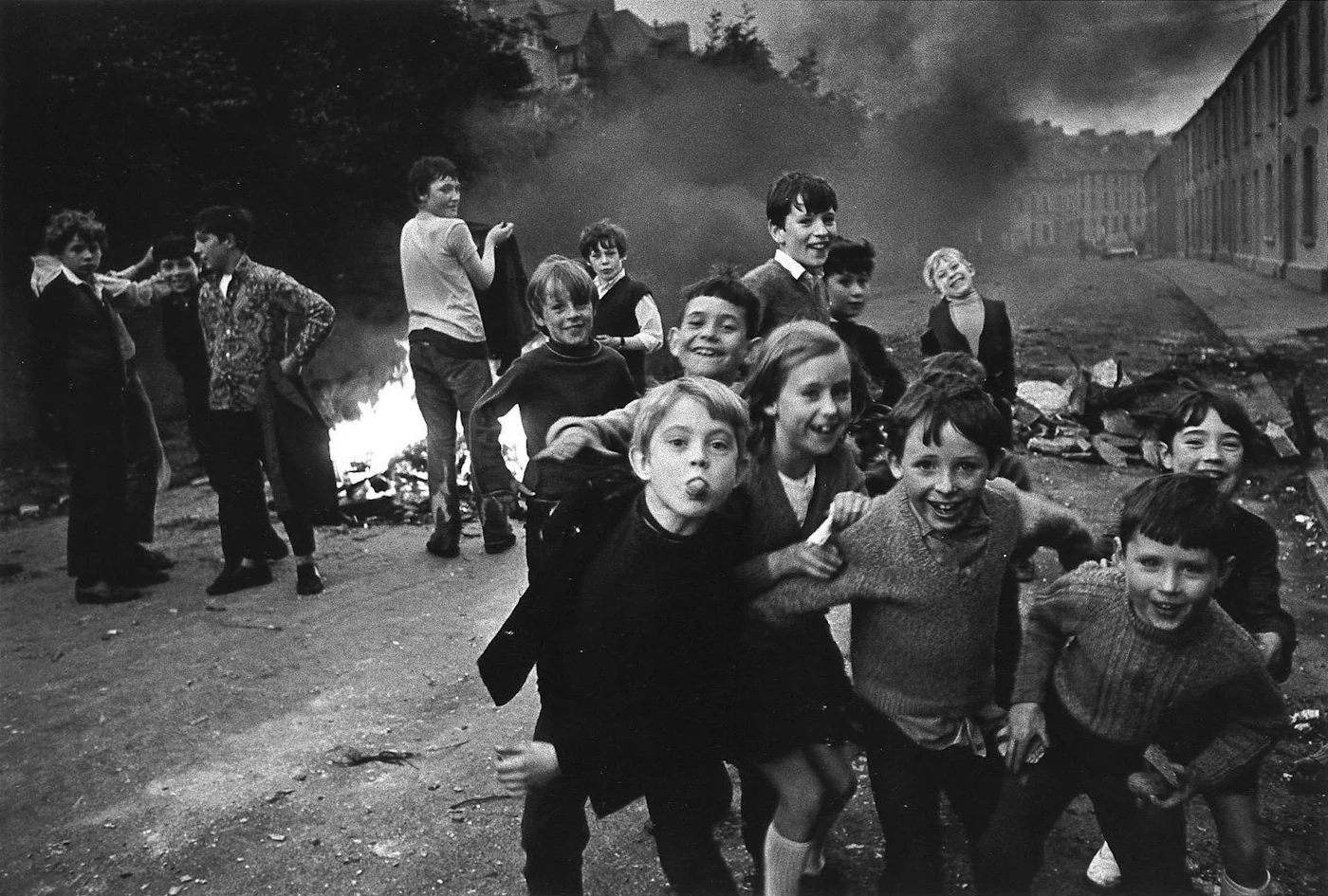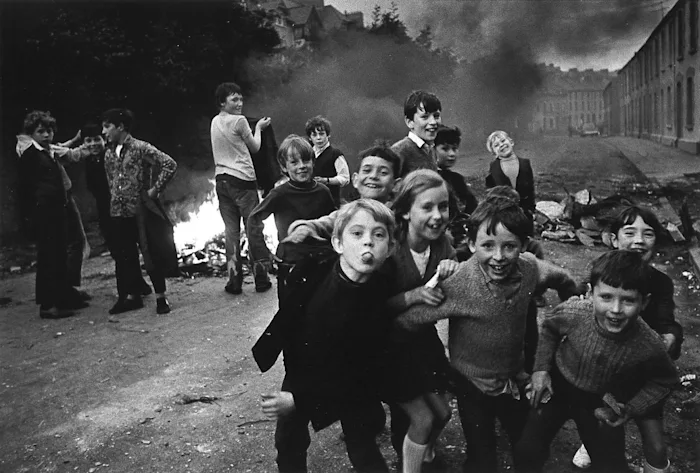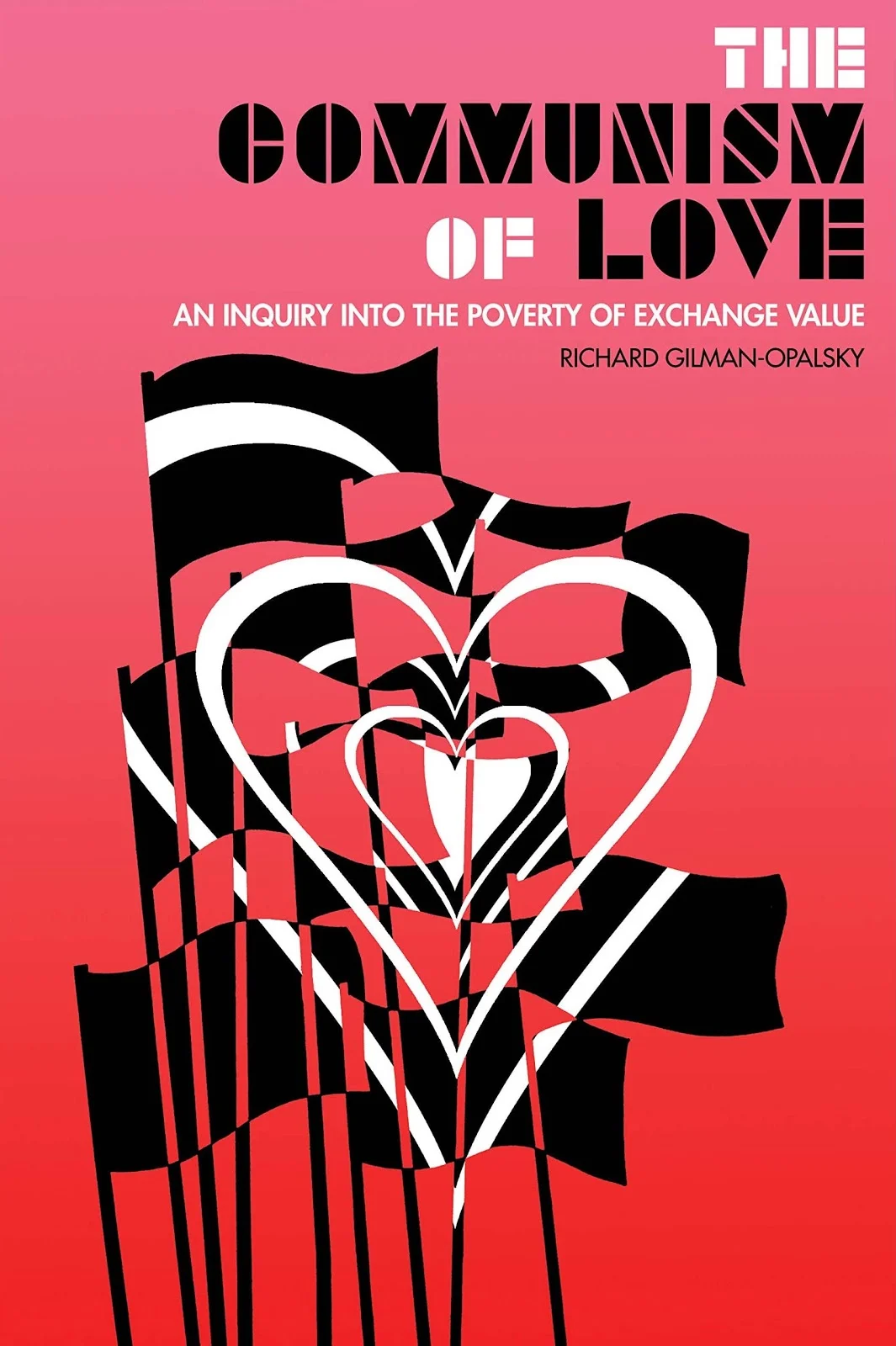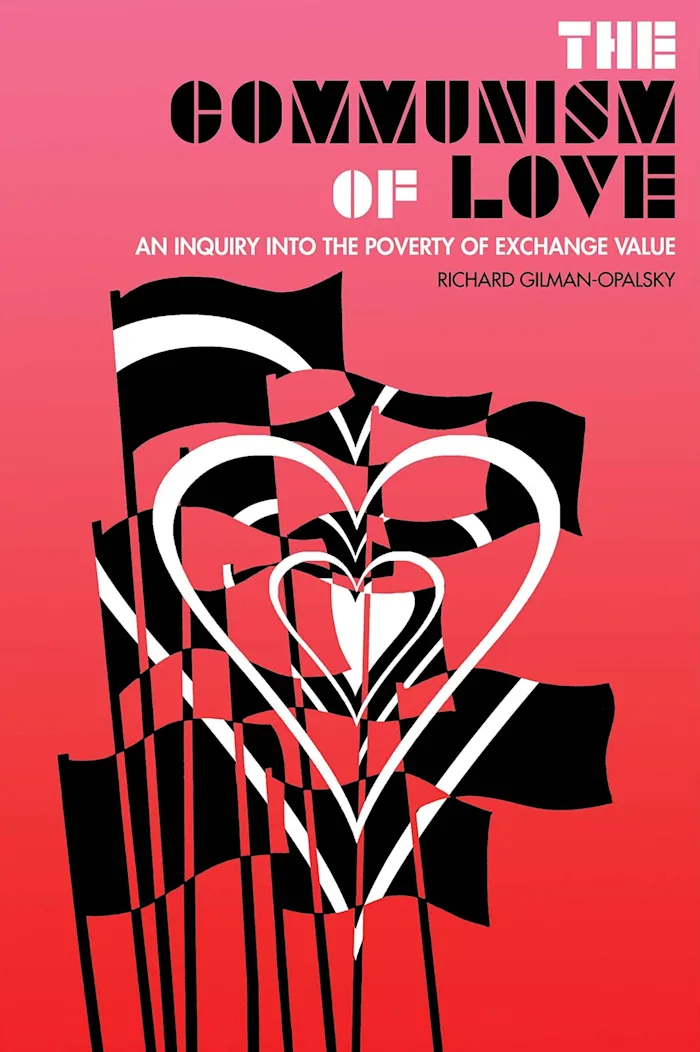The Communist Secret of Love
Richard Gilman-Opalsky
The following is an edited excerpt from The Communism of Love: An Inquiry in the Poverty of Exchange Value, which appeared recently with AK Press.
Love is communism within capitalism; misers give their all, and this makes them blissful.
—Ulrich Beck and Elisabeth Beck-Gernsheim
It is time to confront the necessarily and irreducibly communist form and content of love, to think about love as a communist power. We need now, more than ever before, a serious inquiry into the poverty of exchange value. The capitalist mode of assessing value is incapable of appreciating what human beings—everywhere on earth—value the most. This has to be one of the central lessons of the global pandemic. For all its multifarious meanings, love reveals the limits of capital to appropriately value the experiences and relationships that human beings treasure most. Yet most human life is subordinated to exchange relations, and capital only succeeds in commodifying love by destroying it, by converting it into an impoverished “false form” (that is, a spectacle) of itself.
Following Erich Fromm, I define love as an activity. Love is not a private property. Love is something we do, not something we get or give like an object or commodity. Love is an active form of human relations that is not governed by the logic of capital (it’s an active relation, but not an exchange relation). Love is our active participation in the various “becomings” of other people, such as in the ways we participate in our children, friends, or partners becoming what they are able to and would like to be, but are not-yet. As for communism, it is no form of government. Do not listen to conservatives who say so (or to those peculiar anarchists who agree with them). Following Karl Marx’s original definition, I understand communism as an active abolitionist opposition to the existing world. Communism is a struggle to create new forms of life, a revolutionary process, not a form of government. It is an effort to overthrow the rule of exchange value. Communism is the real movement towards a form of healthy human relations, not something carried out or imposed through the state. This is the communism of what Marx called “the Gemeinwesen,” that is, the real community, or communal being.
How dare we think of communism and love together? Well, we can begin with the materiality of love relations.
The Materiality of Love
Human relationality is formed in our worldly intersubjectivity, and what shapes our relationships with others can be (and often is) far more valuable than those relationships established by capitalist exchange relations. The nature of a social relationship is and can be variegated and emotionally and constitutively diverse. However, Harry Cleaver observes: “Capitalists, unfortunately, try to organize this kind of relationship in ways that give them power over us. They seek to impose our relationship to them to such a degree that we come to define ourselves, and are defined by others, primarily in terms of our jobs… In actuality, of course, we may do and be a great many things, but within capitalism the expectation is that we will identify with our work” [1]. Whatever else we are and do, besides and beyond our work, is best seen, appreciated, and understood in real relations of love. People usually do not want their entire identity determined by what they do in exchange for money.
In The Communism of Love (AK Press, 2020), I offer a critical and substantial development of Fromm’s old theory of love in the light of more contemporary social, political, technological, and psychoanalytic research, and in the context of creative currents in twenty-first-century communist thought. I claim that love is a practice that socializes a unique polyamory beyond the structure of the romantic relationship. This polyamory is not about having multiple partners, and is not primarily sexual or romantic, but is instead the polyamory of a communist affection for others. The human aspiration to love expresses a longing for a form of communist relationality that can be demonstrated whether or not one recognizes the communism of their own relationships. It is time we mustered the courage to speak of the universality of at least one communist tendency (the communist tendency of love). If everyone who aspires to love aims, through that peculiar aspiration, to defend their most cherished relationships from the exigencies of capital, then no capitalist totality can be fully realized. Capitalism, as both an ideological position and as an actual power that organizes life, cannot satisfactorily encompass the psychosocial and emotional needs of everyday people. Finally, I argue that revolts and other disruptive movements are always, at least to some extent, concerned with the creation or restoration of relations of love against a monetized life of exchange [2]. Love activates a sensibility about being with other people that is antithetical to capitalist reasons for being-with-others.


The conclusions of The Communism of Love are far from obvious and far from common understanding. In contrast to writers from Martin Luther King, Jr. to Martha Nussbaum, I refute liberal conceptions of love as a force for justice within existing capitalist societies, arguing instead that love is either a communist power or it is not in fact love [3].
One way to ground such a theory of love is to address a major question posed by Kathi Weeks at the end of her book Constituting Feminist Subjects. There, Weeks asks:
[W]hat are some of the different ways to conceive a collective subject, ways that move beyond the liberal model, according to which the individual is primary and authentic, the group is a “mere” secondary construction, and a legitimate group is posed as a consensual aggregation of individuals? Given the pervasiveness of liberal individualism and its stubborn grip on our thinking in late capitalist societies, this remains a difficult task indeed. What are some of the possible ways of regarding collectivities not only as determined subject positions but also as active subjects — how can these subject positions be transformed into relatively autonomous agents capable of social change? [4]
We seek to understand the possibility of a real collective subject that is not secondary to the individual because — among other reasons — the individual is realized only in dialectical relations with others around her. The individual is developed within that sociality, and does not precede it. However, since so many of our social relations are determined by the capitalist mode of life and work, we cannot answer the question of collectivity with a simple sociological observation. We are not looking for a collectivity that is the determined subject position of capitalist society, but, rather, we are looking for a collectivity formed in our noncapitalist being-in-the-world, our relations to other human beings that maintain a sociality beyond and against exchange relations. We may address Weeks’s open question by looking at the collective subject positions of possible and already-existing love relations in the world.
Love cannot, however, be made into a synonym for anything we like or may like to praise. But if we don’t try to say what love is and what it is not for ourselves, capital will continue to do with it whatever it pleases, for its own purposes. As Raya Dunayevskaya correctly observed: “Capitalism tries to use everything for its power” [5]. It is no surprise, then, that love has been shrunk down to a private affair, to nothing more than the private property of the sexual relation, or to the bond of the family as an island unto itself. It is no surprise that love is marketed as something to nurture with gifts and getaways, or to secure through algorithmic matchmaking you can pay for. If it is not presented as these things, it is often presented as an ineffable, vaporous power unfit for social science, best left to theology and poetry. But we are under no obligation to accept such bad ideas as these. We cannot leave love to be decided by those who would use it to sell commodities or to defend identitarian racism or nationalism as if those were healthy instances of “self-love.” We must not surrender important concepts to marketing campaigns or mystification. Indeed, we can speak of the materiality of love, of its actual existence as a human aspiration and its material reality in our own lived experiences.
According to Marx, alienation is one of the distinguishing features of life in capitalist society that disfigures healthy human relations and the well-being of individual people. What kind of community can alienated persons comprise? Alienated persons cannot comprise the communist Gemeinwesen because in so doing they would cease to be alienated. Thus, where alienation reigns, community recedes, dissipates, or disappears. For Marx, capitalism exacerbates all earlier forms of alienation by multiplying processes of estrangement in work and society. For Jacques Camatte, who has done much to help us appreciate the centrality of the Gemeinwesen in Marx’s work, the establishment of the Gemeinwesen would be an antithetical and oppositional movement to capital because real community counteracts alienation [6].
In subverting and degrading the human community, capitalism subverts and degrades the human person too, as the individual is best situated — from the perspective of capital — as a tool, as an instrument. This was the contention of many of the Marxist-humanists who focused on the subject of alienation (such as Erich Fromm, Herbert Marcuse, Jean-Paul Sartre, Maurice Merleau-Ponty, and others). As Merleau-Ponty put it: “Any serious discussion of communism must therefore pose the problem in communist terms, that is to say, not on the ground of principles but on the ground of human relations. It will not brandish liberal principles in order to topple communism; it will examine whether it is doing anything to resolve the problem rightly raised by communism, namely, to establish among men relations that are human” [7]. I agree with Merleau-Ponty’s contention that human relationality is the central and defining question of communism.
But what does love have to do with the old communist interest in counteracting capitalist alienation? Why not continue to speak of these things without love in our mouths? Consider the basic claim of Oskar Negt and Alexander Kluge: “Love politics is the field of experience in which humans are able to test their intimate conduct and at the same time their power of political judgment” [8]. Negt and Kluge also understand the disposition of capitalist societies wherein “the realism of values is read economically: ‘Is a thing or a service worth the money I pay for it?’ In this context, raising children, love relationships, the work of mourning, and joy are all ‘unproductive labor’” [9]. Love and love relationships put us in touch with communist sensibilities and practices in the spaces of our little precarious communes. If we have some good fortune in life, we will know the joys of such “unproductive labors” as play, collective improvisation, laughing with children, friendship, comradeship, and deep and abiding affection for others. Negt and Kluge are right about the noneconomic values of the most meaningful aspects of a human life. The best things under capitalism are the least capitalist things. Nonetheless, the logic of capital does not stop at the boundary of friendships and families, where children are the most expensive investment of a lifetime and economic pressures put love to its test. Capital even rules over the proceedings of death, as in how to pay for death and dying, or what to do about the money and property of the deceased. When we talk about what Negt and Kluge call “love politics,” we must think not only of a field of experience but also of a battlefield on which we fight wars of maneuver and wars of position.
Striking Distance
Love participates in the creation of our precarious little communes, which are increasingly necessary in a world defined by chaos and insecurity. Little communes of community centers, publishers and authors, activists, artists, musicians, forums, families with or without children, workers on strike, and other groups of joyfully gathering people give us experience (and practice) with a certain Gemeinwesen that counteracts feelings of isolation.
In May 2017, I went on strike with my faculty colleagues. We gathered daily outside of the university. Many did not join us. Many who have vocally supported unions for their entire lives did not join us. Many who said they were supportive did not join us. I will never forget who did and who did not join the strike, and I especially remember the students who stood up with courage and shouted at the chancellor’s window. The strike was not the creation of a real community, and it was not communist in any easily discernible sense. Many of the most active participants were liberals and Democrats, and many went to the line with fear and trepidation, mustering the courage to refute the usual defamations about striking workers, which in the case of professors is that they don’t care about their students.
However, the point I want to convey is about the logic of the strike. Workers on strike are not a family per se (although in some cases they may be), and there is no security in going on strike. In our case, we were docked pay for each day of the strike, and many younger colleagues wondered how their participation might impact their tenure and promotions. I worried about my students who would be graduating in the weeks to come, and how the strike might affect them and their state of mind. One could say that our strike was motivated by money because we demanded a contract that stipulated some increases in pay and other similar provisions. But this is not what motivated and mobilized the strike. More generally, it is not usually what motivates and mobilizes other strikes. The idea that workers could not possibly have any interests beyond wages and income is one of the greatest — and stupidest — lies of capitalist mythology. In our case (and each case is different), we wanted the power to check an increasingly unilateral and top-down administration that had proven able to decide our lives at the university. We wanted the so-called “fifth floor” administration to have its power curbed, its will thwarted where and when necessary, and its self-interest hobbled, because we did not like what they did with unchecked power (which sometimes included increasing pay, usually their own!).
The strike was a tiny and fleeting precarious commune, motivated by a different logic than the logic of profit. Some precarious communes, like a strike (or a family, or a friendship) make little stands against a world of insecurity. They do not change everything, but they change some things. In the case of strikes, occupations, friendships, social movements, and in a wide range of global uprisings, we see a little communism that does not necessarily rely on the activity of communists. This is important. Communism does not depend on communists. If we remain materialists who want more than ideological opposition, then we have to accept the noncommunist content of communist experiences and experiments that change relations or challenge existing relations of power.
Maurice Merleau-Ponty’s maxim is largely true: “It is impossible to be an anti-Communist and it is not possible to be a Communist” [10]. Most of the world’s lovers would denounce communism, all the while seeking communism in their healthiest relations and activities, in their own little communes. For Merleau-Ponty, it was impossible to be a communist insofar as he felt communists should reject what was passing for “communism” in 1947. But communism is also something other than the “communism” of 1947. Communism is elsewhere. As in the strike, there is always something there about the power and necessity of an oppositional gathering that follows a rival logic.
Readers of my work know that when I say “communism” I never mean to refer to an institutional-political administration of social and economic affairs. The communism I speak of aims at revolutionary transformations of life, including and especially the creative production of new forms of life. How do we know what something really is? Marx often spoke of “real knowledge” as opposed to false knowledge (ideology), and he juxtaposed real value (for example, personal worth) to exchange value and real “numberless indefeasible” freedoms to free trade [11]. Today, we must beware all discourses of “authenticity,” especially since that mutable term has become a distinguishing mark of quality for commodities in the marketplace. Nevertheless, it remains both possible and necessary to distinguish communism from its vilified form as spectacle during the Cold War, just as it is necessary to distinguish real capitalism from its mythological and false form of promised, inevitable prosperity. We may as well remember, too, that the anarchists never really called for total chaos and violence, as it was the anarchists’ most Hobbesian enemies who insisted we’d have nothing but murder and mayhem without a government to repress our vile nature. In a similar way, it is time to fully realize the fact that love—if love means anything at all—is antithetical to the logic of capital. Exchange relations cannot be associated with love relations any more than upward mobility should be associated with capitalism, Stalin should be associated with communism, or chaos should be associated with anarchy. No, such associations are false and dangerous, and we must defend the actual meaning of things. To understand what love does for real people in the real world is to grasp its communism, and ultimately, to reconcile ourselves with a communist aspiration in all of us. If we don’t understand love as a refuge from — as an alternative to — the rule of capital, we misunderstand love and overlook the communism right there before us—indeed, between us — in striking distance.


Available now through AK Press.
Notes
1. Harry Cleaver, Rupturing the Dialectic: The Struggle against Work, Money, and↰
2. Financialization (Oakland: AK Press, 2017), 110–11.↰
3. Here, I exclude disruptive movements of a fascistic kind, which are based on a corrupted concept of “self-love,” and according to which other people (typically, Black and Brown people, immigrants, queers, and antifascists) become objects of disaffection. In fascistic movements, others are perceived as threats to a racist and nationalist self-interest mistaken for self-love.↰
4. See Martin Luther King, Jr., A Gift of Love: Sermons from Strength to Love and Other Preachings (Boston: Beacon Press, 2012) and Martha Nussbaum, Political Emotions: Why Love Matters for Justice (Cambridge, MA: Harvard University Press, 2013).↰
5. Kathi Weeks, Constituting Feminist Subjects (London: Verso Books, 2018), 159.↰
6. Raya Dunayevskaya, Women’s Liberation and the Dialectics of Revolution: Reaching for the Future (Atlantic Highlands, NJ: Humanities Press, 1985), 180.↰
7. See, for example, Jacques Camatte, Capital and Community, trans. David Brown (New York: Prism Key, 2011), 216–240.↰
8. Maurice Merleau-Ponty, Humanism and Terror: An Essay on the Communist Problem, trans. John O’Neill (Boston: Beacon, 1969), xv.↰
9. Oskar Negt and Alexander Kluge, History and Obstinacy, trans. Richard Langston with Cyrus Shahan, Martin Brady, Helen Hughes, and Joel Golb (New York: Zone Books, 2014), 341.↰
10. Ibid., 347.↰
11. Merleau-Ponty, Humanism and Terror, xxi.↰
12. See Karl Marx, German Ideology and Communist Manifesto in Kamenka, Portable Marx, 170 and 206, respectively.↰